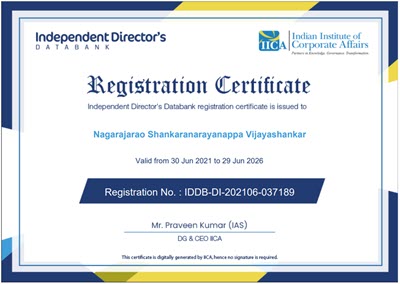It can only happen in India that Companies like Meta are in the forefront of challenging Government notifications such as the Intermediary Rules in Courts and they are the same entities who are also consulted for advise on how we frame rules.
In its continuing bid to placate the Big Tech before releasing the DPDPA draft Rules, MeitY held a discussion yesterday with select Big Tech Players like Meta to get their approval for the proposed DPDPA Rules.
The DPDPA rule that requires age verification and parental consent for those who are less than of 18 years of age is a rule that hurts FaceBook and it is trying to ensure that the rules are not stringent.
Several newspapers have carried a report today based on the meeting which states that a discussion took place on the method of determining the “Minority” status of the users in this meeting.
One such report is from Indian Express here.
Despite the presence of all the Tech Experts, the meeting has concluded that it is not possible to implement any solutions even based on tokens issued by UIDAI. Hence it is decided that we should leave it to Meta and Google to determine their own methods to declare that a person is not a minor.
It is surprising to think that UIDAI cannot tokenize the existing data related to Aadhaar into “Persons of above 18 years of age” and “Persons Below the age of 18” as of date and add “Name of Parent in case of Persons below 18 years of age”.
This decision means that the Meta-Google type of companies will device their own methods on how to determine whether a person is a minor, who is his parent and take consent as they deem fit. This will avoid the responsibility of the Government to suggest any solution and leave it to the Courts later to determine if the systems adopted by the industry is acceptable or not.
I hope that with this clearance from Meta and Google, the Government will at least now release the rules for public consultation and meet the 100 day commitment of Modi 3.0.
Naavi










